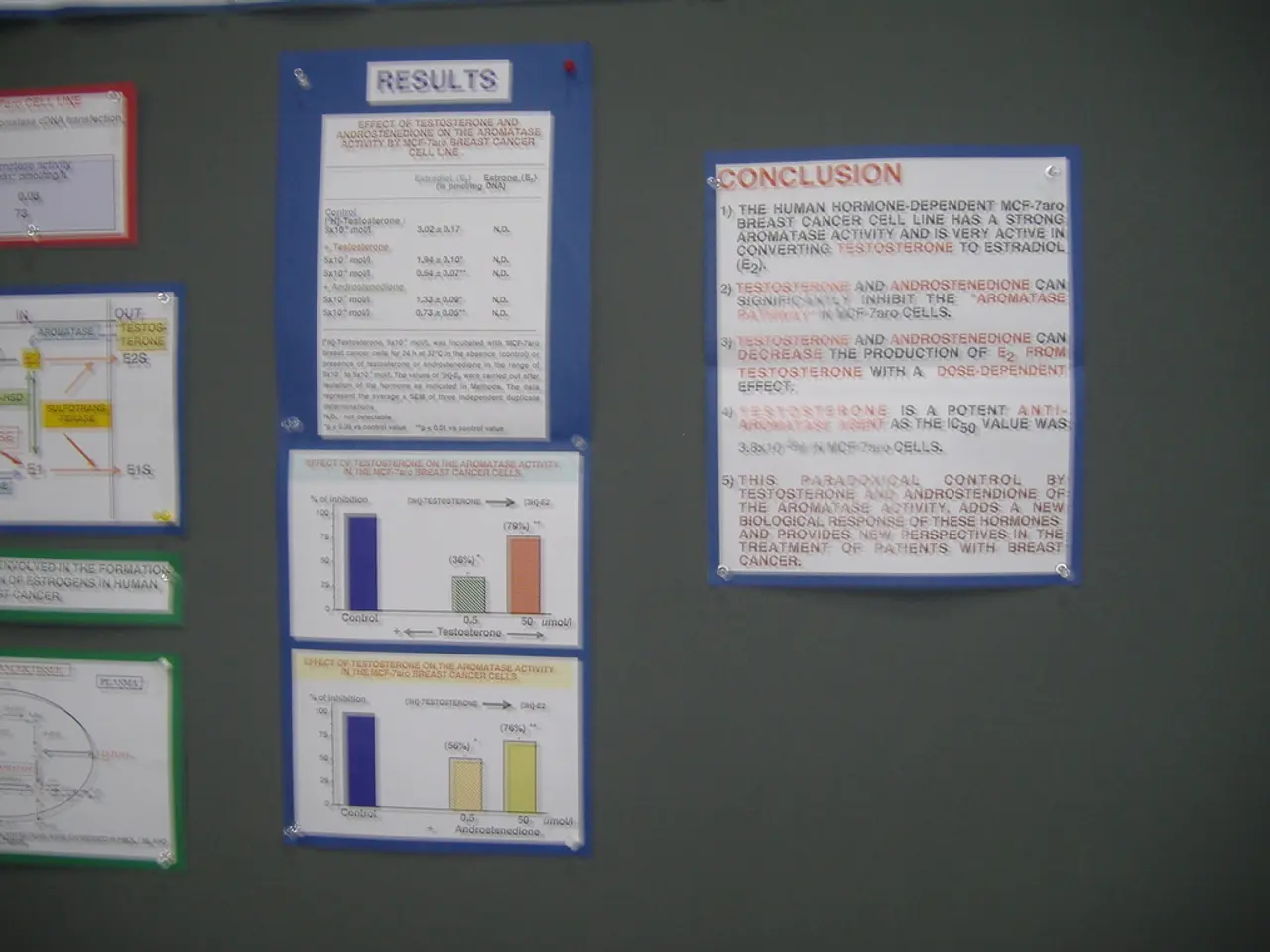U.S. tightens regulations on Green Card holders, targeting suspected fraud in family member petition submissions
The United States Citizenship and Immigration Services (USCIS) has issued new policy guidance for Green card holders who wish to sponsor family members for immigration. The update aims to streamline existing policy, providing officers with clear and consistent instructions, while intensifying scrutiny to ensure only bona fide family relationships result in approval.
The core process and eligibility remain largely unchanged, but USCIS has intensified its fraud detection and screening measures, particularly for marriages, to prevent marriage fraud and other deceptive practices.
Family Preference Categories for Green Card Holders Sponsoring Relatives:
Green card holders can sponsor certain family members under specific family preference categories. Spouses and unmarried children under 21 fall under the Second Preference (F2A) category, while unmarried sons and daughters over 21 fall under Second Preference (F2B). Green card holders cannot sponsor parents, siblings, or married children; those remain privileges of U.S. citizens.
Petition Filing and Approval:
Green card holders file Form I-130 (Petition for Alien Relative) to start the process. If the petition meets regulatory criteria and proves the qualifying relationship, USCIS must approve it without discretionary denial during adjudication. The beneficiary's personal history usually does not affect petition approval, unless it involves inadmissibility issues relevant at the adjustment of status or consular processing stage.
Enhanced Fraud Detection and Screening:
As of August 1, 2025, USCIS has updated its Policy Manual ("Family-Based Immigrants") to rigorously scrutinize petitions. The new policy explicitly states that approval of a family-based petition does not prevent removal proceedings if fraud, other ineligibilities, or security risks emerge during later stages. Marriage fraud checks include close examination of the beneficiary's visa and immigration history, potentially leading to denial of adjustment of status or initiation of removal, despite petition approval.
Adjustment of Status Process:
Beneficiaries in the U.S. who qualify and have an approved petition may apply for adjustment of status to permanent resident. USCIS may document grounds of inadmissibility encountered during petition adjudication for review during the adjustment phase. Failure to meet adjustment criteria or detection of fraud during adjustment can lead to denial or removal despite prior petition approval.
Family-based immigration accounts for most new lawful permanent residents (LPRs), with immediate relatives alone making up approximately 40 percent of all new LPRs annually. The new guidance aims to provide officers with clear and consistent instructions, ensuring a smooth and efficient process for all involved.
The affected sections include Volume 6 > Part B, Family-Based Immigrants, Chapter 1 (Purpose and Background), Chapter 2 (General Eligibility Requirements), Chapter 4 (Documentation and Evidence), Chapter 3 (Filing), and Chapter 5 (Adjudication of Family-Based Petitions). The guidance clarifies eligibility and adjudication requirements, such as the need for an interview for family-based immigrant visa petitions and the possibility of receiving a Notice to Appear (NTA) to ensure benefit integrity and prevent fraud.
The update revises and adds content to previously reserved sections and chapters, such as Chapter 1, Chapter 2, and Chapter 4. It also resets the requirements and adjudication of family-based immigrant visa petitions, including eligibility criteria, filing, interviews, and decisions. The updated USCIS Policy Manual and related guidance outline that lawful permanent residents (green card holders) can sponsor certain family members under specific family preference categories, with new stringent vetting to prevent fraud, especially marriage fraud.
- The new USCIS Policy Manual, effective from August 1, 2025, introduces stricter vetting for family-based immigration petitions, particularly for detecting and preventing marriage fraud, which is a part of the broader policy-and-legislation and politics landscape.
- In the realm of finance, it is essential to note that the new USCIS policy could generate higher costs for immigration-related services due to enhanced fraud detection and screening measures, thereby impacting the general-news discourse.
- As Defi (decentralized finance) and digital innovation continue to redefine financial ecosystems, the traditional mechanisms like family-based immigration still grapple with issues such as fraud, especially marriage fraud, highlighting the need for sustainable policy updates and robust regulatory frameworks.








